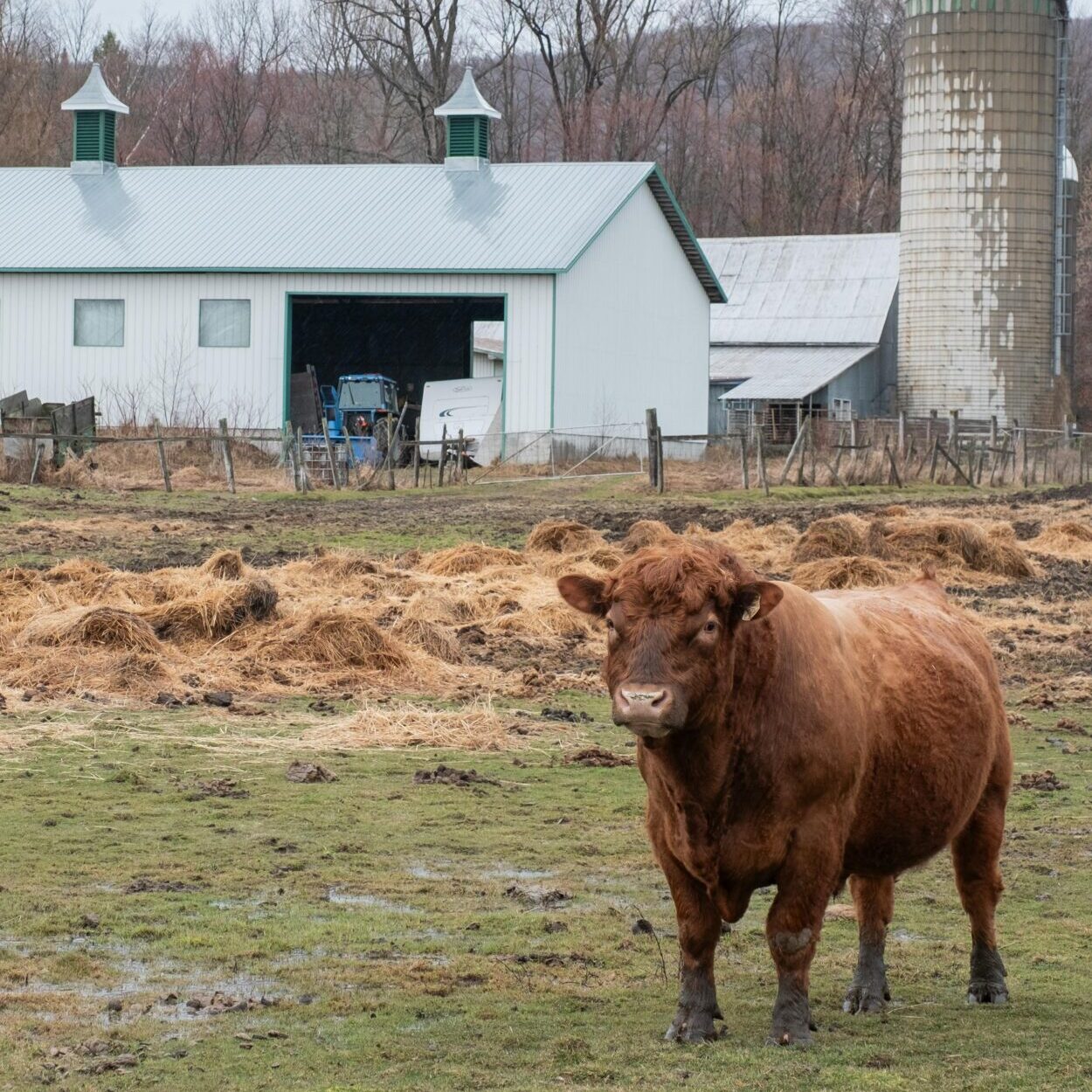By SCP Fellow Sarah Doyle and SCP Advisor Alex Himelfarb | Part of our Special Series: Always Canada. Never 51.
Canada’s National School Food Policy has the potential to significantly improve learning and life outcomes for hundreds of thousands of children. It could also benefit Canada’s agrifood industries and serve as a model of how to integrate economic, social and environmental objectives.
Every province and territory and parties across the spectrum have signed on, with good reason. Until this year, Canada was the only G7 country and one of the few in the OECD without a national school meals program. The benefits are well documented: children’s health, school attendance and scholastic achievement improve; dropout rates, socioeconomic inequality, food insecurity and pressure on household budgets go down.

What we have not yet fully exploited, however, is its potential to contribute to a more robust and sustainable agrifood sector.
In the face of U.S. threats, Canadian governments have rightly adopted procurement policies that give preference to Canadian businesses. Prime Minister Carney, in his party’s election platform, emphasized the imperative of directing government purchasing power to buy Canadian—specifically proposing to do so through the National School Food Policy. These policies open the door to a more strategic approach to food procurement—one that shifts the focus from minimizing price to maximizing public value.
Getting food procurement right is particularly consequential now, as Canadian governments work to build a more resilient, less dependent economy. Canada’s agrifood businesses—responsible for about 1 in 9 jobs and 7% of GDP—are grappling with escalating trade tensions with China and the U.S., which respectively account for 14% and over 60% of Canada’s agrifood exports.
Specifically, governments could require a minimum percentage of school meals procurement budgets to be spent on healthy food that is grown and made in Canada, with incentives for suppliers to adopt sustainable practices and decent work standards. Support could be made available to businesses that are willing to transform to improve nutrition, sustainability and labour standards, with smaller suppliers receiving additional support to help them compete for contracts against larger incumbents.
This is not uncharted territory. Brazil’s National School Feeding Program requires at least 30% of federal funding for school meals to be used to procure from family farms, with priority given to local and Indigenous farmers, and to those who adopt sustainable land use practices. This program contributes to creating more sustainable value chains for food and nutrition security—one of six “missions” in Brazil’s industrial policy.
The patchwork nature of Canada’s School Food Policy is unlikely to offer much of a boost to industry. But it is not too late to negotiate a coordinated, national approach that reconciles flexibility with solidarity. Governments should identify procurement criteria that transcend provincial and territorial barriers, complemented by mechanisms for pooled procurement and advanced purchasing agreements for certain products, enhancing market certainty for businesses.
A national agreement could apply to all public food procurement, including in schools, hospitals and programs for northern and remote communities, building on sophisticated local procurement approaches that already exist. Such an agreement would reflect the collaborative approach to federalism that all parties are calling for to weather the impacts of U.S. aggression. Failing a national approach, willing governments could move forward together with agreed targets and principles.
Canada’s School Food Policy commits the federal government to spend $1B over five years on top of existing provincial, territorial and municipal funding and to work towards universal access. The benefits to children make this a worthy investment, but the return on investment could be greater. Clearly school meals are good social policy, but if school meal procurement is leveraged as an instrument of inclusive and green industrial strategy, they could be good economic policy as well.
Orienting procurement around the challenge of providing sustainable, healthy meals that are grown and made in Canada could stimulate innovation across the value chain, driving investment in potential growth areas like plant protein and greenhouse production, and providing a path to scale for made-in-Canada innovations like Growcer’s modular vertical farms. A strategic approach to food procurement could work in concert with, and augment, other tools of industrial strategy, such as government support for agrifood research and development, infrastructure, concessionary financing and supply-chain adaptation.
Scaling up access to school meals is a big win for children and families. It could also be a win for agrifood businesses, the climate and workers, contributing to a more resilient, just, sustainable and less dependent Canadian economy—but only if Canada’s newly elected government takes an ambitious, collaborative approach to how food is procured.
–
Sarah Doyle is Policy Fellow at the UCL Institute for Innovation and Public Purpose and a Fellow at Social Capital Partners and Alex Himelfarb is former Clerk of the Privy Council and Fellow at the Broadbent and Parkland Institutes.
Share with a friend
Related reading
HBS Case | Taylor Guitars: Making Employee Ownership Work the Taylor Way
After a successful transition to 100% employee ownership, Taylor Guitars' experience is now the subject of a Harvard Business School case. Read more about how their experience brings the evidence to life: "Employee-owned firms grow faster, default less often, are far more resilient in economic downturns and pay their people more, even before you factor in the wealth-generating effects of ownership. It’s also a great business succession option as it lets owners exit for fair prices while protecting the people and communities they care deeply about.”
Now #hiring: Executive Assistant to the CEO
Social Capital Partners is seeking a highly organized and proactive Executive Assistant (EA) to the CEO who thrives in a fast-paced, mission-oriented environment. While this is a true EA position focused on keeping the CEO and team operating at a high level, it is also a unique opportunity to engage in a wide range of stimulating policy and strategy conversations, including the chance to conduct research, contribute to policy initiatives and engage with influential leaders in the field.
Sellers’ inflation is back on the horizon. We can stop it before working people pay the price.
Trade-war chaos and confusion are creating a perfect storm for sellers' inflation—when companies with market control choose to hike prices to gouge consumers and grow their profits when they have the chance. As SCP Fellow Kaylie Tiessen writes, this profit-led inflation often hides behind other drivers and can blindside us if we’re not watching closely. There are good reasons to accept some tariff-related price increases—elbows up, right? But she outlines three ways we can stop opportunistic sellers from using this trade chaos to mask their profiteering. We can stop powerful companies from exploiting confusion and weak oversight so working people don't pay the price while profits soar.


